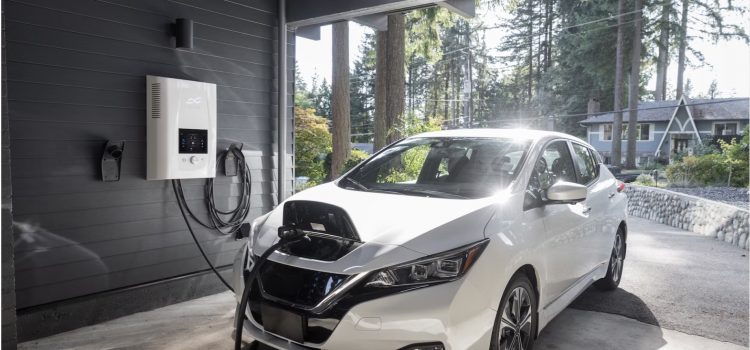
This is a free excerpt from one of Shortform’s Articles. We give you all the important information you need to know about current events and more.
Don't miss out on the whole story. Sign up for a free trial here .
Wondering why electric cars are not the future? What makes them an unrealistic, luxury product?
Electric cars currently make up just 1% of the global automobile market. However, in the U.S., as in other countries, sales for electric cars have soared, breaking records even during a global chip shortage and ongoing supply issues. However, they come with a major limitation.
Keep reading to find out what’s holding electric cars back from consumer adoption.
Electric Cars Are Not the Future: Here’s Why
With revolutionary technology come revolutionary challenges, and these mostly pertain to electric car’s central feature: the battery. These challenges will define the shape of the industry both in the near future—by determining the scope and speed of consumer adoption—and in the far future, by bringing environmental threats and manufacturing challenges that will change the way the industry operates.
Here lies the primary reason why electric cars are not the future: Battery limitations are holding the industry back. Without a national, dependable network of charging stations, electric cars risk remaining a luxury product bought by wealthy suburbanites who can outfit their garages with personal charging stations.
Battery Limitations
The logistical limitations of charging electric car batteries mean that right now, the cars tend to be niche products bought by wealthy suburbanites who can set up personal charging stations in their garages or who have access to charging stations at their workplaces. If electric cars are to be the future, evolving into a mass market product, they’ll need a national network of stations to counter the top reason why people hesitate to buy them: range anxiety, or the fear that the cars will run out of juice on a long drive and have nowhere to charge.
Analysts note that the industry can’t take off until this network exists, but car manufacturers currently face a chicken-or-egg conundrum: Customers are hesitant to buy electric cars without enough charging stations, but companies are hesitant to build stations without enough customers.
For this reason, electric cars will likely not be the future of transportation without government-led investment in such a network.

Want to fast-track your learning? With Shortform, you’ll gain insights you won't find anywhere else .
Here's what you’ll get when you sign up for Shortform :
- Complicated ideas explained in simple and concise ways
- Smart analysis that connects what you’re reading to other key concepts
- Writing with zero fluff because we know how important your time is







Ah, the uneducated spread of misinformation continues….
As an educator making a little over 50k annually, I too thought an EV was out of my reach, but after a careful look at ALL the actual number$ and the time it takes to own an ICE vehicle, an EV is actually cheaper over a 6 year period. Yes, I charge at home using a 120v outlet that gets me enough charge for work and errands (80 miles/day avg.) After 4 months, that K-Watt-hour energy is on target at one-fifth(1/5) the cost of gas ($3.89/g). My electric bill now averages $48 more a month. I’ve also found quit a few “free” chargers at or near favorite retailers usually with only 2-3 hour charging limits, almost always some are open to use and always working. There are also plenty of superchargers within all the hours long trips i’ll be making around the midwest this summer. I’ll admit that some supercharging (during peak times) will be at or more than the equivalent of gasoline but that is looking to be a rare need. Range anxiety is not a real thing for most of us EV adopters, it’s all in your head. My previous car had the same range per tank as my EV and over the years on several occasions nearly ran out of gas because stations had closed or were out. Running down an EV charge on a long trip without anywhere to charge is like going on vacation without enough money. Plan to fail or fail to plan, take your pick. I plug in every night i can for my commute, I don’t foresee ever running out.
One last counter point, customers aren’t hesitant to buy EVs, just the old school manufactures hesitant to produce them in fear of how that will affect their bottom line in the long run.
Nissan has had almost as long as Tesla to produce EVs in mass but alas only up to 60k cars (1 model) annually while Tesla is now up to over a million (4 models) and planning to produce 20 million annually (8-9 models) by 2030 while year over year increasing its buildout of chargers.
What other vehicle manufacturer has had (prior to pandemic) outstanding orders 2 months to 8 years for each of its product line? I fail to see your proposed conundrum or wealth barrier.
You just haven’t opened your eyes to the much bigger picture the transportation and energy industry is facing moving forward to the real future, pure Electric Vehicles.
Sincerely,
Robert Galle